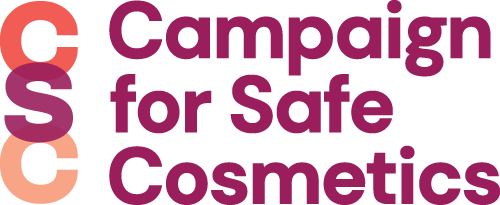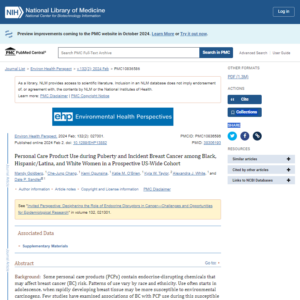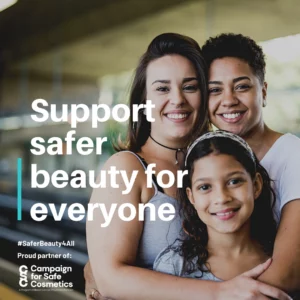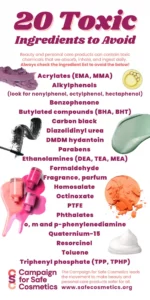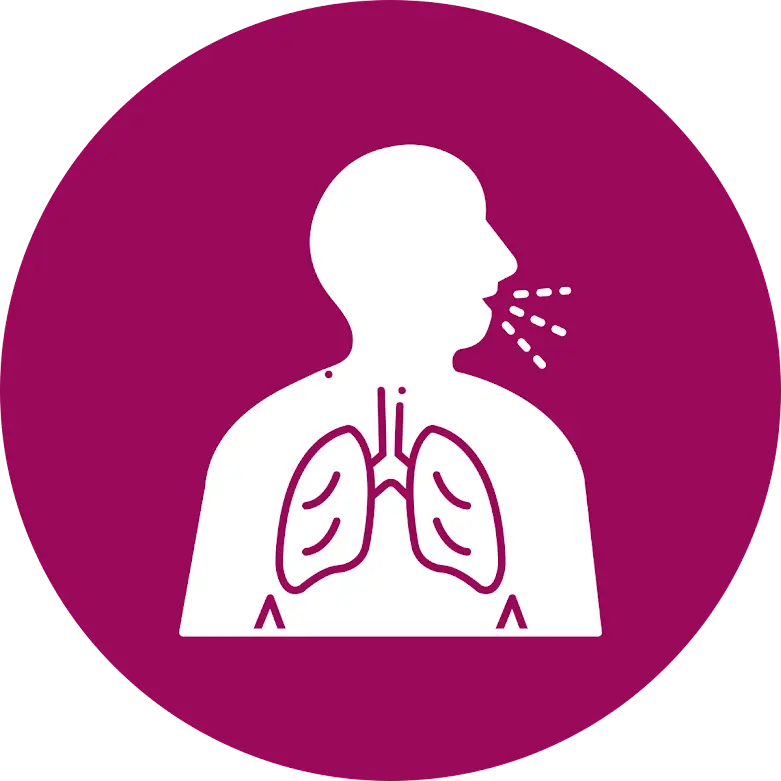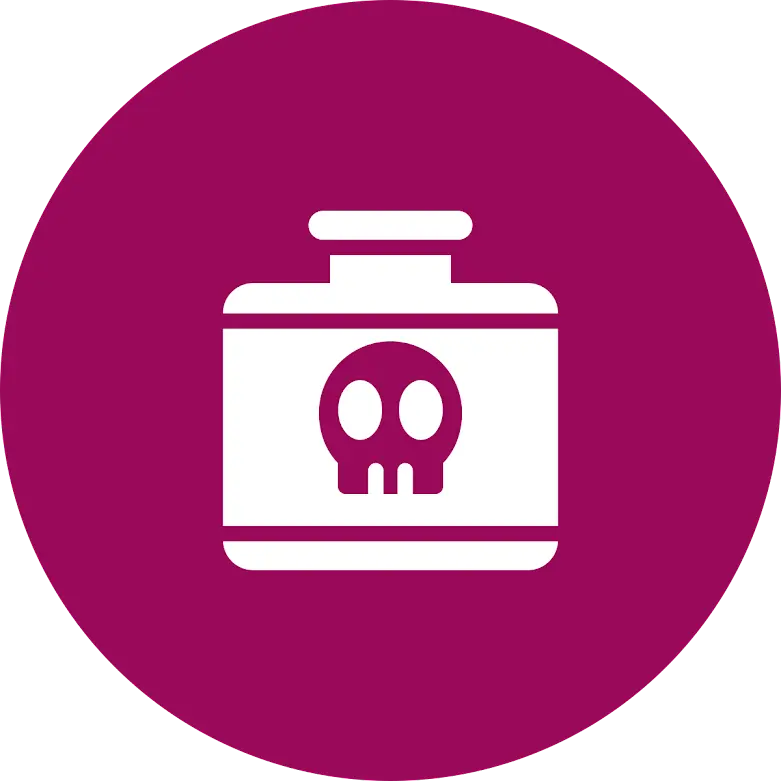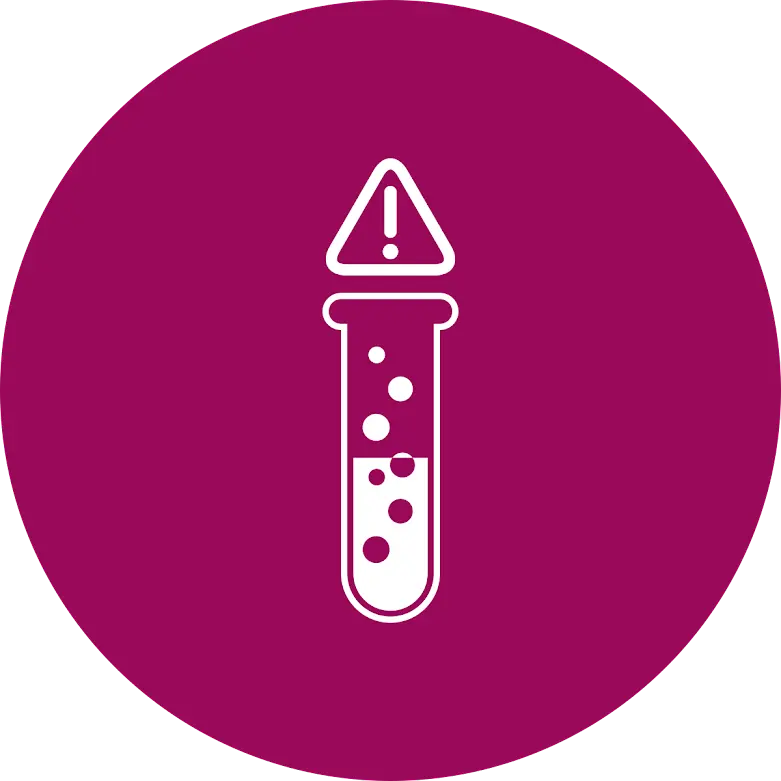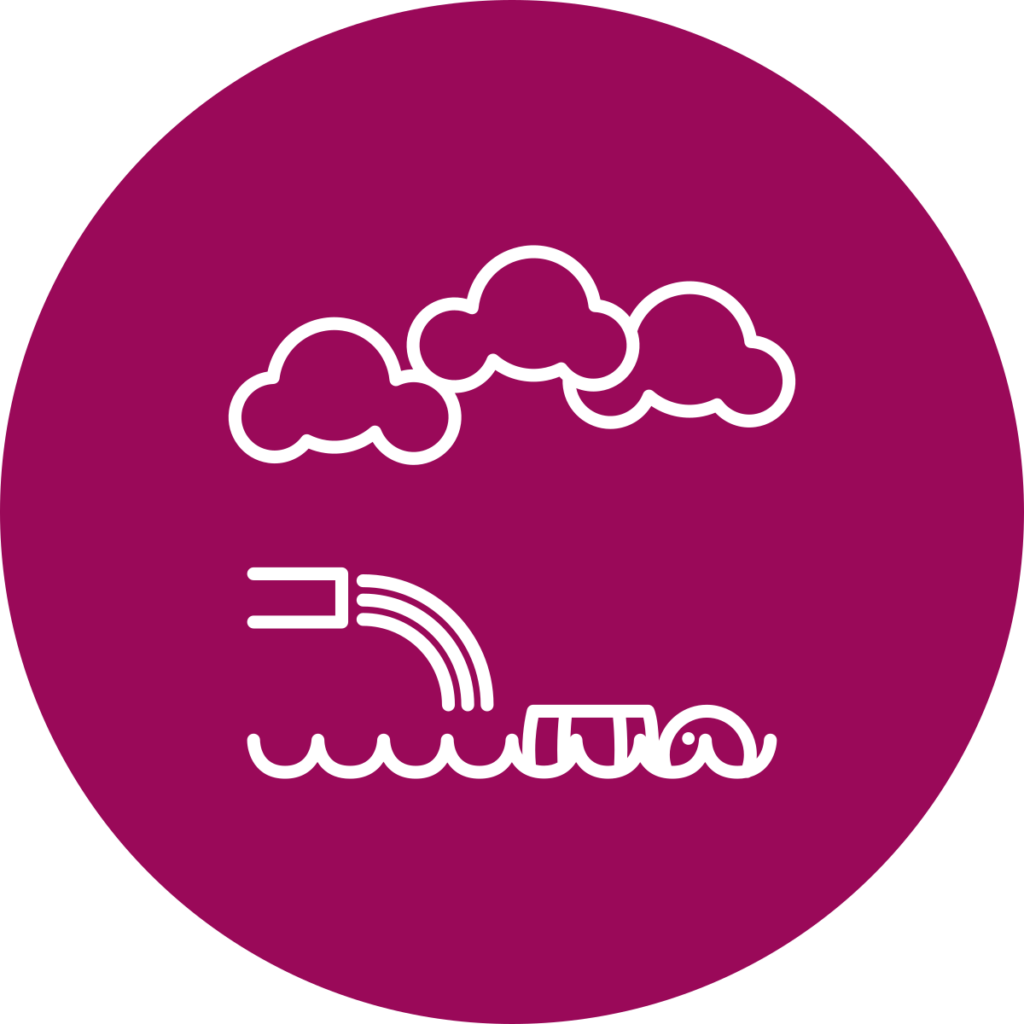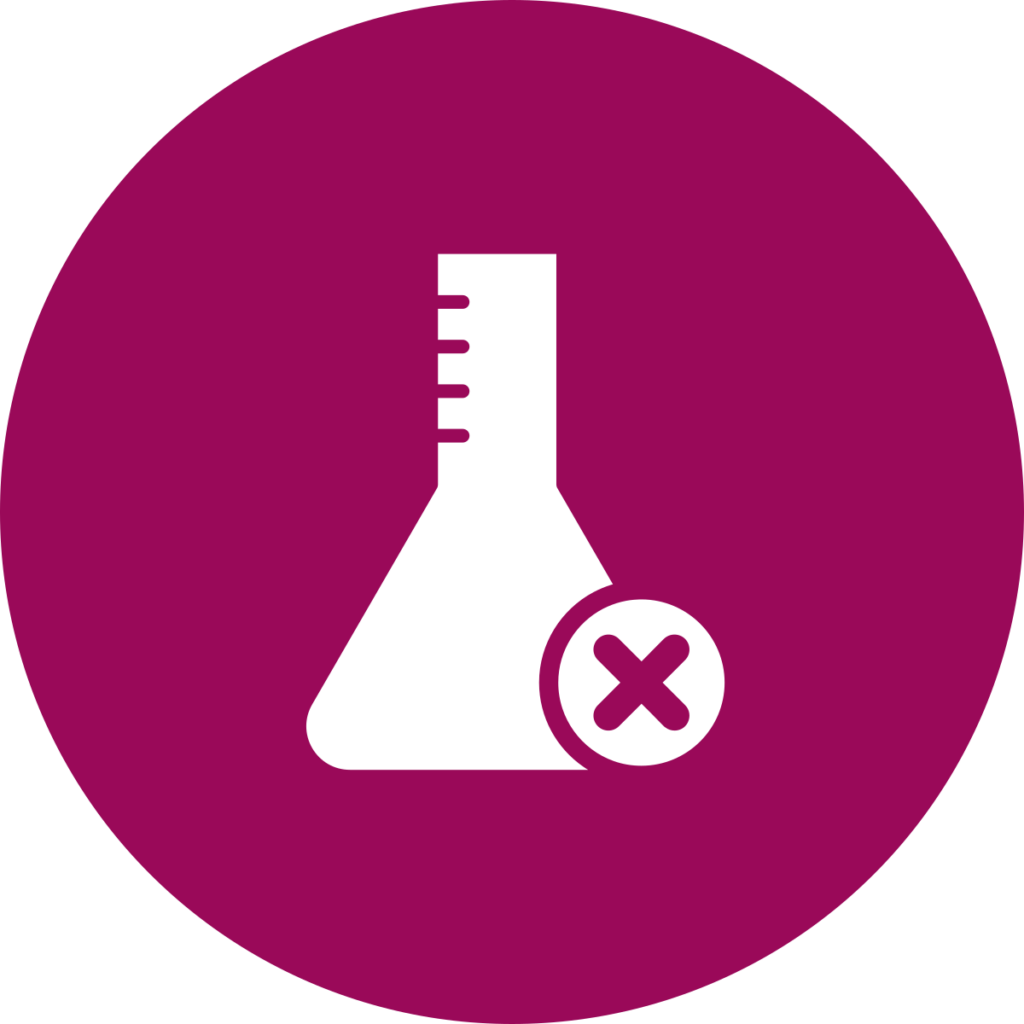For Immediate Release: May 5th, 2014
OAKLAND, CA–The Center for Environmental Health (CEH) announced today it has reached the first-ever legal agreements with major companies, including Colgate Palmolive, Saks Inc., Walgreens and 23 others requiring the companies to end their use of the cancer-causing chemical cocamide DEA in shampoos and other personal care products. But more than 100 other companies have yet to resolve ongoing CEH litigation to end their use of the chemical, and the Campaign for Safe Cosmetics notes that there are more than 10,000 ingredients used in cosmetics and personal care products, many of which are also linked to adverse health effects. In their new report, Safer Suds: Eliminating a Cancer-Causing Chemical in Shampoos and Soaps, the two groups are urging Congress to adopt federal legislation for safer cosmetics.
“These legal settlements are a great victory for children’s and families’ health. Simply put, there is no reason why anyone should be lathering a cancer-causing chemical into their hair or their children’s hair,” said CEH Research Director Caroline Cox. “This is also a victory for California’s Prop 65 consumer protection law, which promotes safer products and insures our right to know when common products pose serious health threats.”
“It’s absolutely crazy that federal law allows cosmetics companies to use chemicals linked to cancer in shampoos, lotions, and makeup,” said Janet Nudelman, Director of Program and Policy at the Breast Cancer Fund and Director of the Campaign for Safe Cosmetics. “Kudos to California and the Center for Environmental Health for taking action to get companies to stop using cocamide DEA. Now it’s the job of Congress to give the $71 billion beauty industry the makeover it needs by setting regulations that protect human health.”
Last August, CEH brought the first lawsuits against companies selling products in California that contain cocamide DEA without a health warning, as required under Prop 65. California listed cocamide DEA in June 2012 as a chemical known to cause cancer based on the assessment by The International Agency for Research on Cancer, which evaluated skin exposure tests on animals. CEH legal settlements with 14 companies were finalized in Alameda County Superior Court on May 2; the nonprofit expects the court to approve pending legal agreements with 12 other companies in June, and has ongoing cases pending against more than 100 other companies (see www.ceh.org for the full list of settling and ongoing cases).
Despite the recent settlements, some companies continue to sell unlabeled products containing the cancer-causing agent. In April CEH purchased children’s bubble bath products containing cocamide DEA from Dollar General stores, nearly six months after CEH notified Dollar General that it was in violation of California law. CEH and the Campaign for Safe Cosmetics are urging consumers to contact Dollar General CEO Richard W. Dreiling and insist he take immediate action to remove hazardous products from the company’s stores.
Current federal law regulating cosmetics — the Food, Drug and Cosmetics Act of 1938 – was adopted more than 75 years ago and has only been updated once. The Food and Drug Administration (FDA) has very limited authority under the law: the agency cannot require cosmetics companies to conduct pre-market safety assessments, nor can it require product recalls. The law has left the industry virtually self-regulated and resulted in cancer-causing chemicals in baby shampoo and hormone disrupting substances in fragrance, among other cosmetics health hazards.
CEH and the Campaign for Safe Cosmetics are urging Congress to pass updated rules, under the proposed Safe Cosmetics and Personal Care Products Act of 2013, which would create a health-based safety standard that protects children and other vulnerable populations, phase out the most harmful ingredients, full ingredient disclosure, and other essential reforms.
###
The Center for Environmental Health has an eighteen-year track record of protecting children and families from harmful chemicals in our air, water, food and in dozens of every day products. CEH also works with major industries and leaders in green business to promote healthier alternatives to toxic products and practices. In 2010, the San Francisco Business Times bestowed its annual “Green Champion” award to CEH for its work to improve health and the environment in the Bay Area and beyond.
The Campaign for Safe Cosmetics is a national coalition working to make personal care products safe for people and the planet. Find out more at: https://www.safecosmetics.org
